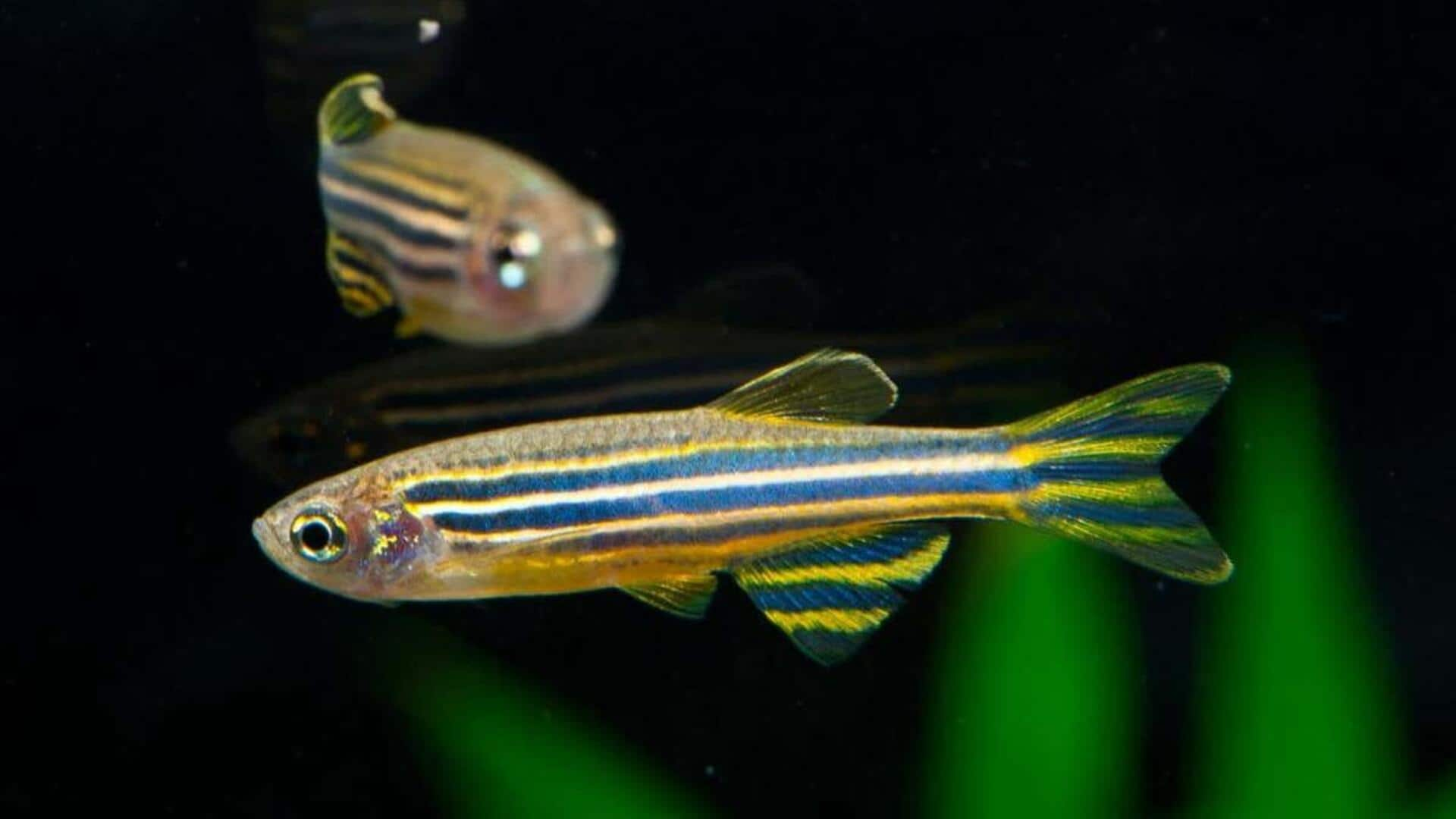Zebrafish flourish in China's space station amid unusual behavior
Last month, China's Tiangong space station became home to four zebrafish, who are reportedly thriving in the microgravity environment of their space aquarium. Astronauts on board have observed the fish exhibiting unusual directional behavior, including inverted swimming and rotary movement. A video by China National Space Administration shows zebrafish swimming aimlessly inside a glass cube. "Like astronauts, zebrafish need to pass through rounds of selection to become 'aquastronauts,'" said Wang Gaohong, a hydrobiology researcher at the Chinese Academy of Sciences.
Understanding vertebrate behavior
The observed aquatic anomalies serve a scientific purpose. Researchers aim to study the effects of microgravity on vertebrates like zebrafish by monitoring their behavior, growth, and development. This will be achieved by analyzing water samples and fish eggs during the experiment. The data collected could offer insights into how space and cosmic radiation impact larger vertebrates such as humans, potentially guiding future space exploration efforts.
Previous endeavors of keeping fish in space
This isn't the first instance of fish being kept in space. In 1973, NASA sent two mummichog fish and 50 fish eggs to their Skylab space station. These pioneering piscines swam in elongated loops due to their inability to discern up from down in zero gravity. They eventually oriented their backs to the lights inside Skylab as a means of navigation, providing an early glimpse into aquatic behavior in microgravity environments.
Bone density loss in fish is a space travel concern
Like humans, fish also experience bone density loss in space. This was discovered by Japanese scientists who sent zebrafish and medaka to the International Space Station in 2012. Therefore, further studies on fish behavior in near-weightless environments could significantly enhance our understanding of the impact of space travel on human health. These findings underline the importance of ongoing research into how living organisms adapt to life beyond Earth's atmosphere.
